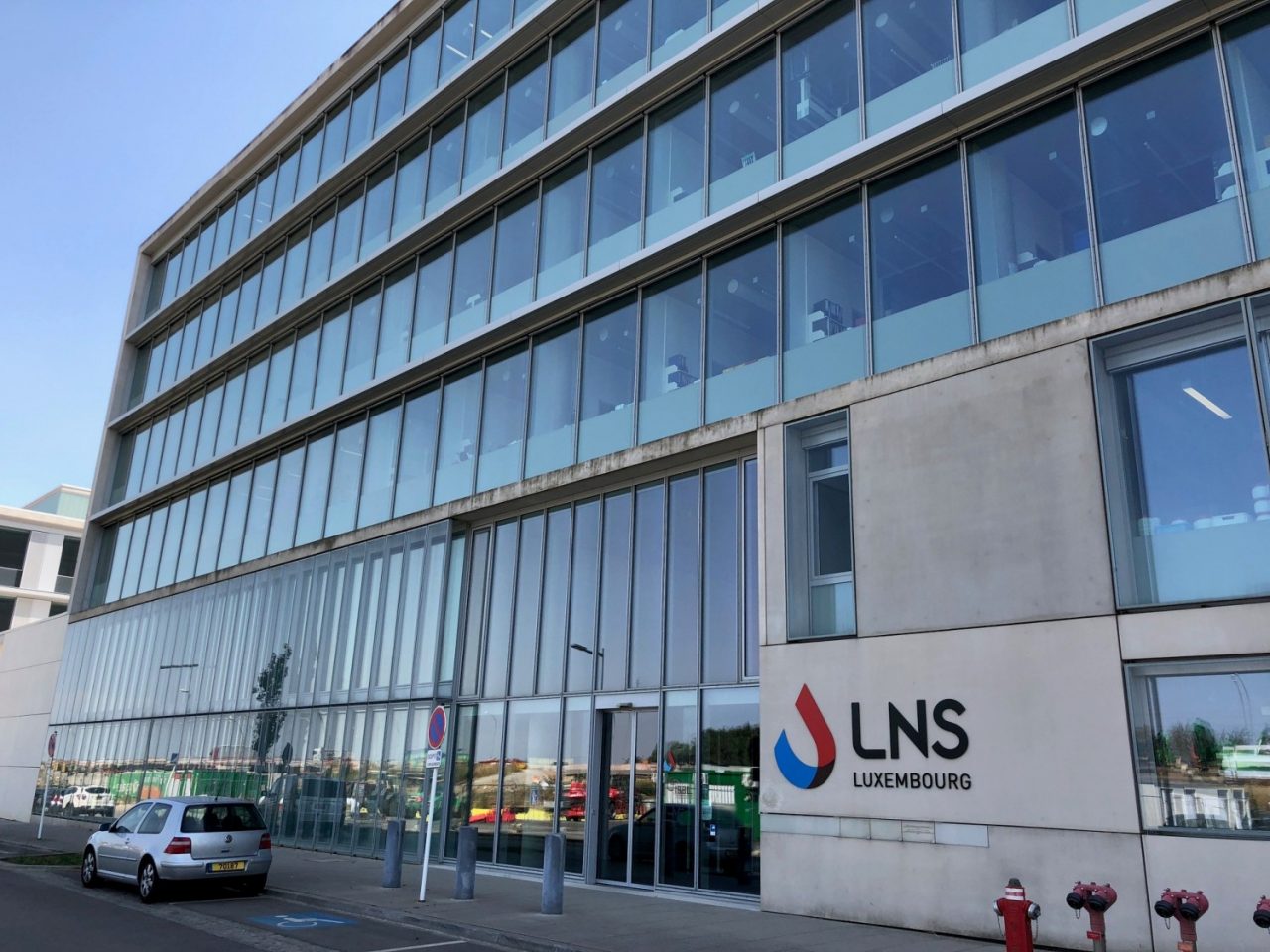

The Microbiology department of the Laboratoire national de santé (LNS) in Luxembourg has hosted the national reference laboratory for acute respiratory infection since January 2021, as an element of the LNS’ close work with the health directorate of the Ministry of Health as part of the national efforts to respond the COVID-19 pandemic. Within a short time frame in response to the pandemic, the Microbiology department implemented and optimised a sequencing protocol and analysis pipeline within Luxembourg Genomic and Molecular Microbiology Unit (LUX-GEMM).
Since the COVID-19 pandemic has changed the landscape of public health priorities and flagged the need for a global pandemic preparedness plan in order to address the current and upcoming health emergencies, the European Commission created the European Health Emergency and Preparedness Response Authority (HERA) as the cornerstone in the future European plan. In April 2020, the Ministry of Health nominated the LNS as the project lead for the national capacity building grant in view of the existing infrastructure and ongoing whole-genomic sequencing activities for SARS-CoV-2. The HERA incubator grant offers a major boost to the national drive in capacity building, enhancing cross-border pandemic preparedness and response cooperation, and it establishes LNS Microbiology as one of the main public health microbiology hubs in Europe.
Dr. Tamir Abdelrahman, head of the LNS Microbiology department, enlightens how essential the European exchange and cooperation is for public health and pandemic preparedness, especially in times of crisis: “Being part of the HERA programme will help us and our European partners to transform evidence from the COVID-19 pandemic to a public health laboratory response model for any potential health crises. We are expecting high-level coordination by the newly developed capacity under the HERA incubator grant to ensure a constant exchange of information and expertise between member states of the European Union and beyond. The HERA incubator grant will provide resources to expand and widen the spectrum of activities provided by LNS and establish it as one of the main public health microbiology hubs in Europe”.
The LNS is also participating in the development of regional data hubs in order to facilitate the timely reporting of WGS and RT-PCR data to the European Centre for Disease Prevention and Control (ECDC). This data is also shared on public scientific domains such as Global Initiative on Sharing All Influenza Data (GISAID) or the European Nucleotide Archive (ENA).
Capacity building and implementation
HERA investment has been pledged to accelerate the implementation of in-house RT-PCR testing, the acquisition of a new sequencing platform to expand the current capacity, the expansion of LNS’ Biobanking capacity (LuxMicroBiobank), the improvement of the workflows automation, and the establishment of enhanced data reporting for integrated genomic and epidemiologic analysis to sustainably control the epidemiological situation in Luxembourg.
Counting on dedicated staff, the aim is to achieve the enlargement of microbial WGS capacity in the national public health microbiology laboratory to 2500 samples per week and the implementation of RT-PCR assay for identification of SARS-CoV-2 variants of concern (VOC) including in-house protocols. The proposed investment will allow the national laboratory to screen all positive cases for new variants with a TAT of 24h using RT-PCR. It will improve the coverage to 80% of all positive samples.
Dr. Karim ElBakkouri, Project manager of the HERA incubator grant at LNS explains that “The HERA-incubator grant team will implement a structured work package programme with oversight through a project monitoring team, to ensure the alignment with national health strategies and coordination with partner laboratories”.
Concerning the automation of Bioinformatics analysis with a user interface, the LNS Microbiology team will design and develop the regional data hub to facilitate the timely reporting of WGS and RT-PCR data to ECDC, and to share data in the public domain (e.g., GISAID, ENA). Setting up the data hub and accelerated reporting system to ECDC can improve the response time at the European level via the exchange of VOC tracking data in real-time. It is also planned to extend this tool to neighbouring countries (« Grande Region« ), either by sequencing clinical samples or sharing a common reporting system with downstream data analysis via our epidemiological intelligence unit.
Roadmap for pandemic preparedness
The expansion of the Biobanking capacity and the automation of the workflow will transform the evidence from COVID-19 pandemic and VOCs to a public health laboratory response model for future pandemics. Together with the capacity building in terms of equipment, analytical, and data management, the Microbiology team will develop associated procedures for crisis management and integrate those in the LNS Quality Management System. These procedures will include ready-to-deploy communication and coordination actions with regional counterparts in France, Germany, and Belgium. Consequently, LNS will contribute to regional and international pandemic preparedness, response networks, monitoring systems, and, through coordinated research, address epidemics spreading cross-borders and, eventually, at a global scale.
The main specific objectives will be achieved via the devoted work packages: WP1: RT-PCR, WGS, Biobanking capacity building for prompt detection of VOCs; WP2: Data management, analysis, and sharing; and WP3: Establishment of national public health microbiology laboratory roadmap for pandemic preparedness.
Data protection: The Data are collected in accordance with the European regulation (GDPR). For further information, please access the following link: https://lns.lu/donnees-personnelles/
For more information: